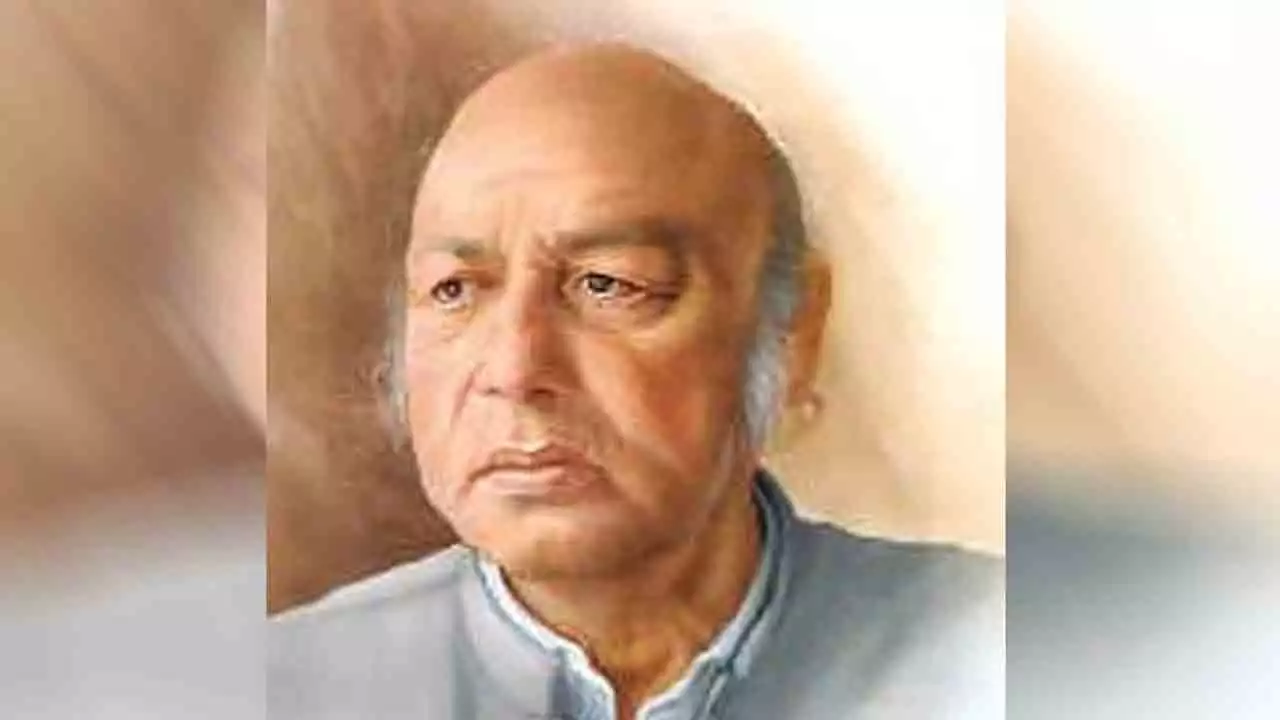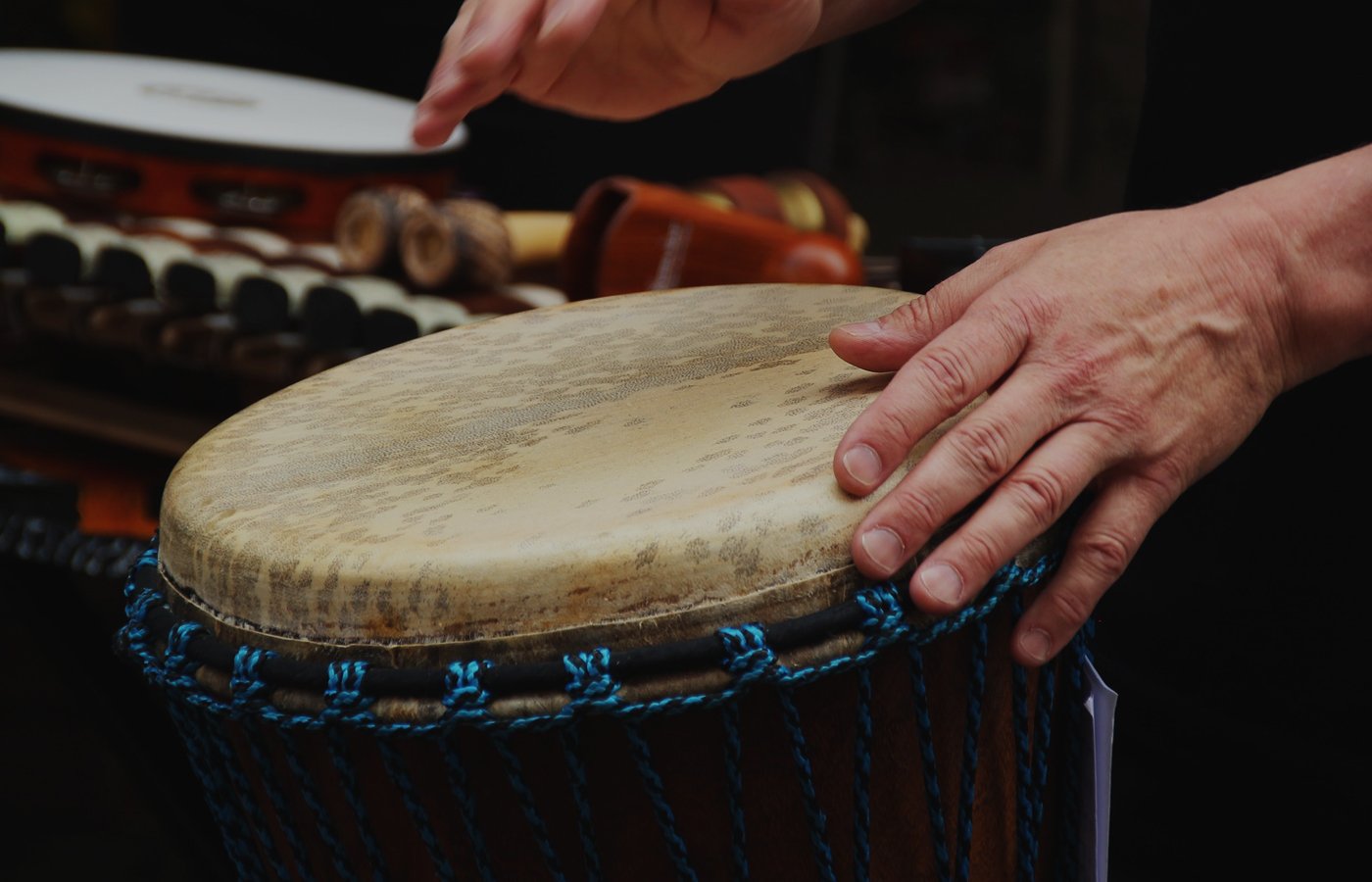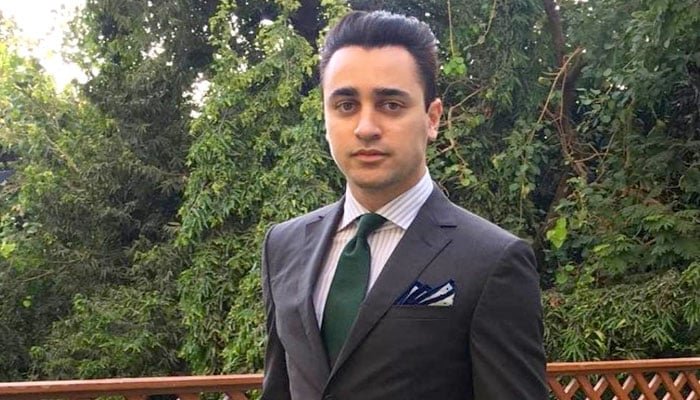Born in Hoshiarpur, India, on March 1928, Habib Jalib’s original name was Habib Ahmed. After the partition of India, he migrated to Pakistan with his family. Jalib’s keen observations and heartfelt emotions found expression in poetry, where he fearlessly criticized authoritarian rulers without concern for consequences.
Jalib’s poetry went beyond mere slogans of revolution; it became a practical interpretation of his life. His bold pen denounced oppression, exploitation, injustice, and inequality, resonating with the common people. Lines like “Aise dastoor ko, Subah-e-be-noor ko, mein nahin maanta” (I do not accept such systems, such dark mornings) still echo in every public struggle and protest movement.
His revolutionary spirit extended to his cinematic endeavors, with his songs in the film “Zarqa” gaining immense popularity, further elevating his fame.
Several collections of Jalib’s poetry, including “Barg-e-Awara,” “Sar-e-Maqtal,” “Ehd-e-Sitam,” “Zikr Behte Khoon Ka,” and “Goshe Mein Qafas,” have been published, each reflecting his unwavering commitment to social justice and human rights.
On March 12, 1993, Habib Jalib passed away, leaving behind a legacy of courage, resistance, and unwavering commitment to truth and justice. Sixteen years after his death, the government posthumously honored him with the prestigious Nishan-e-Imtiaz, recognizing his significant contributions to literature and social activism.
Habib Jalib’s life and work continue to inspire generations, reminding us of the power of words to challenge injustice and spark change.



